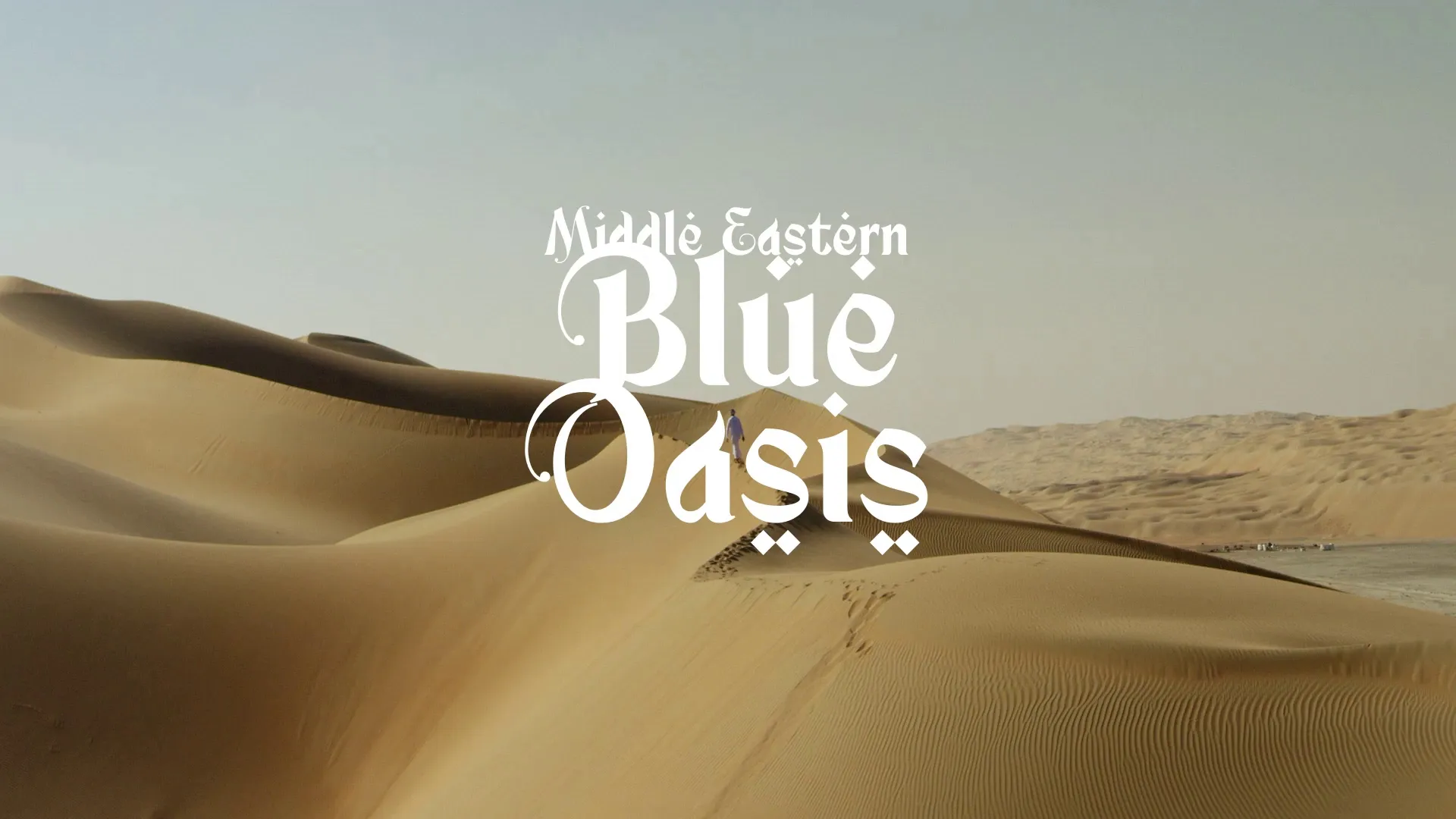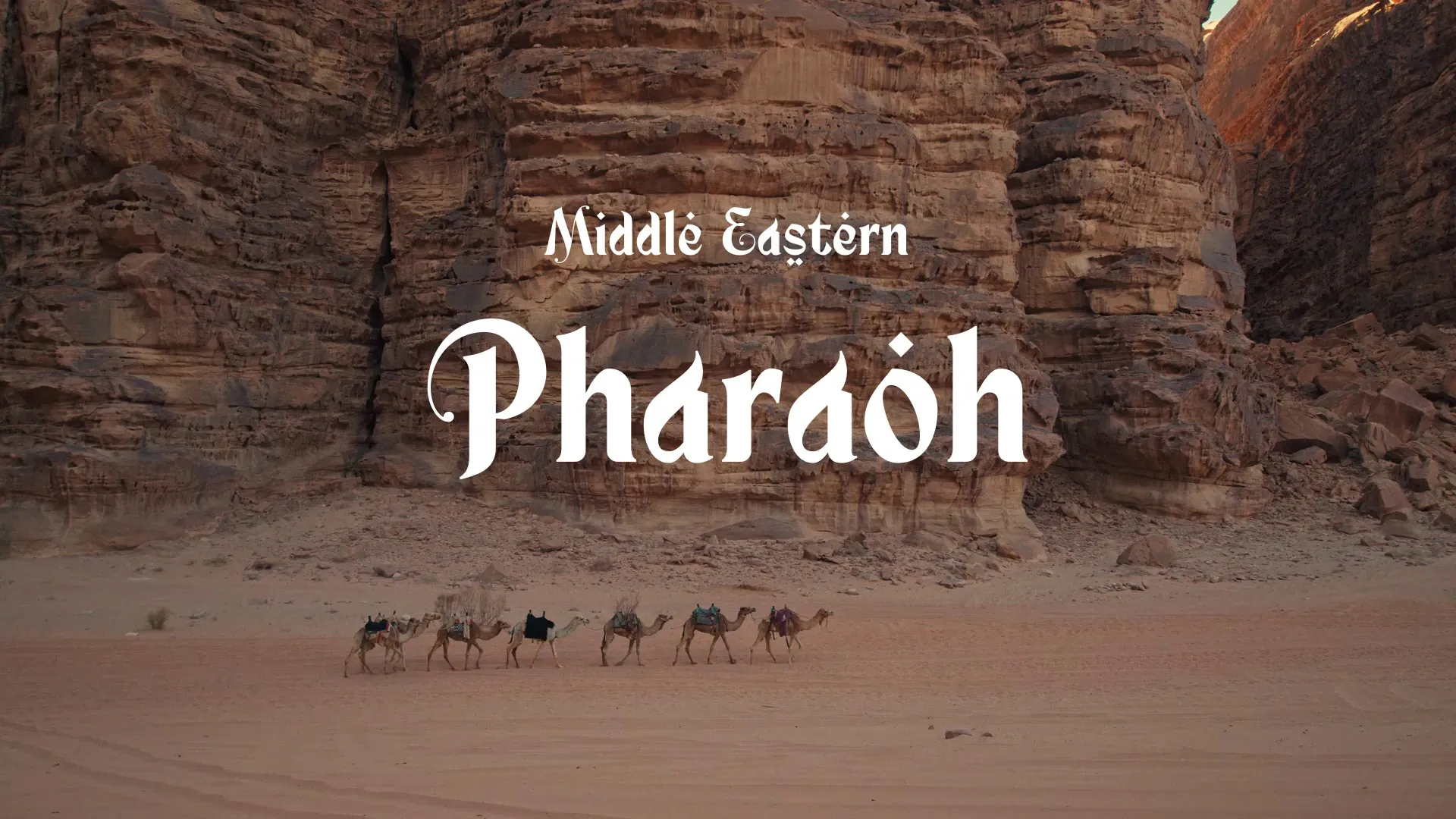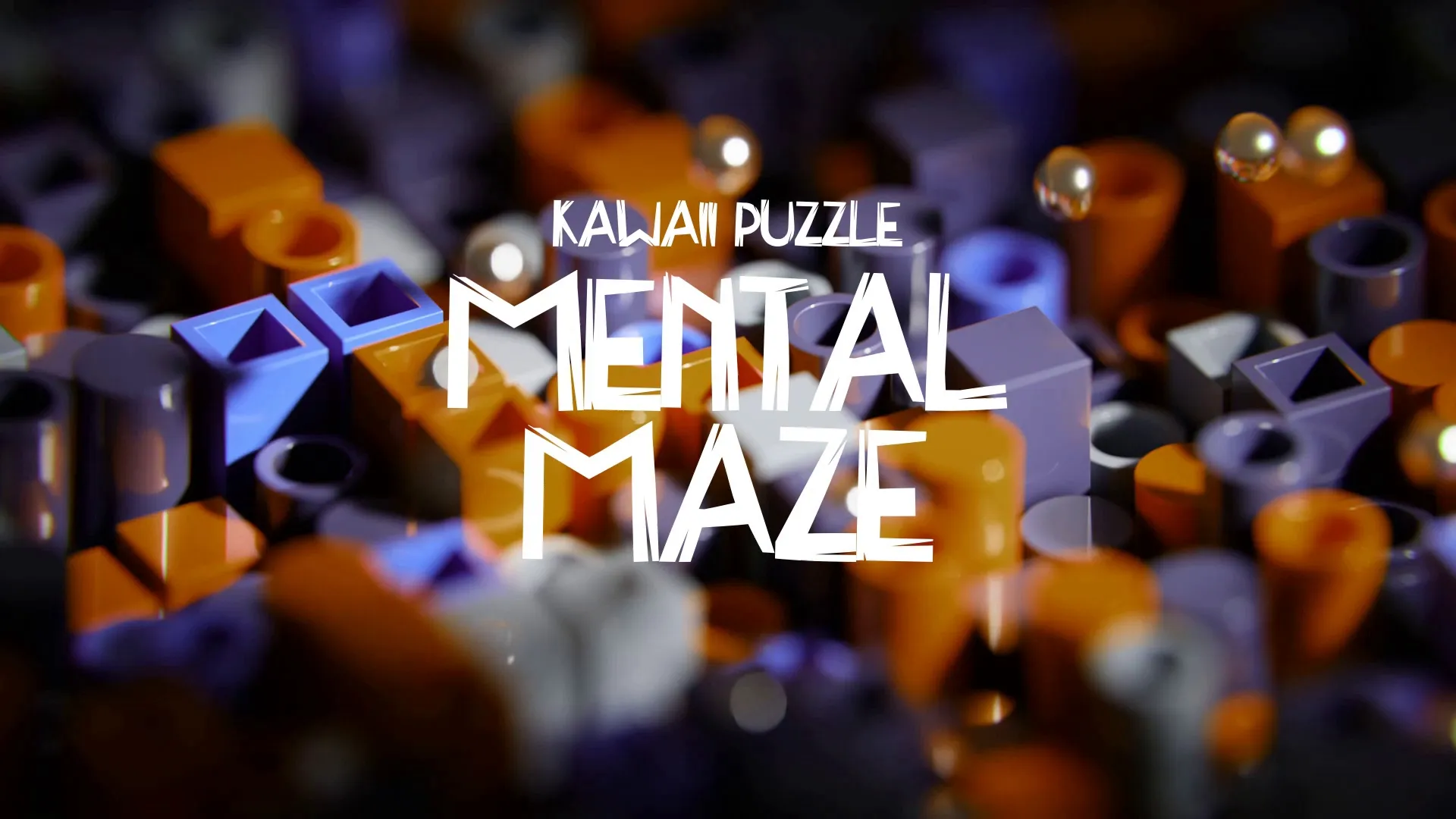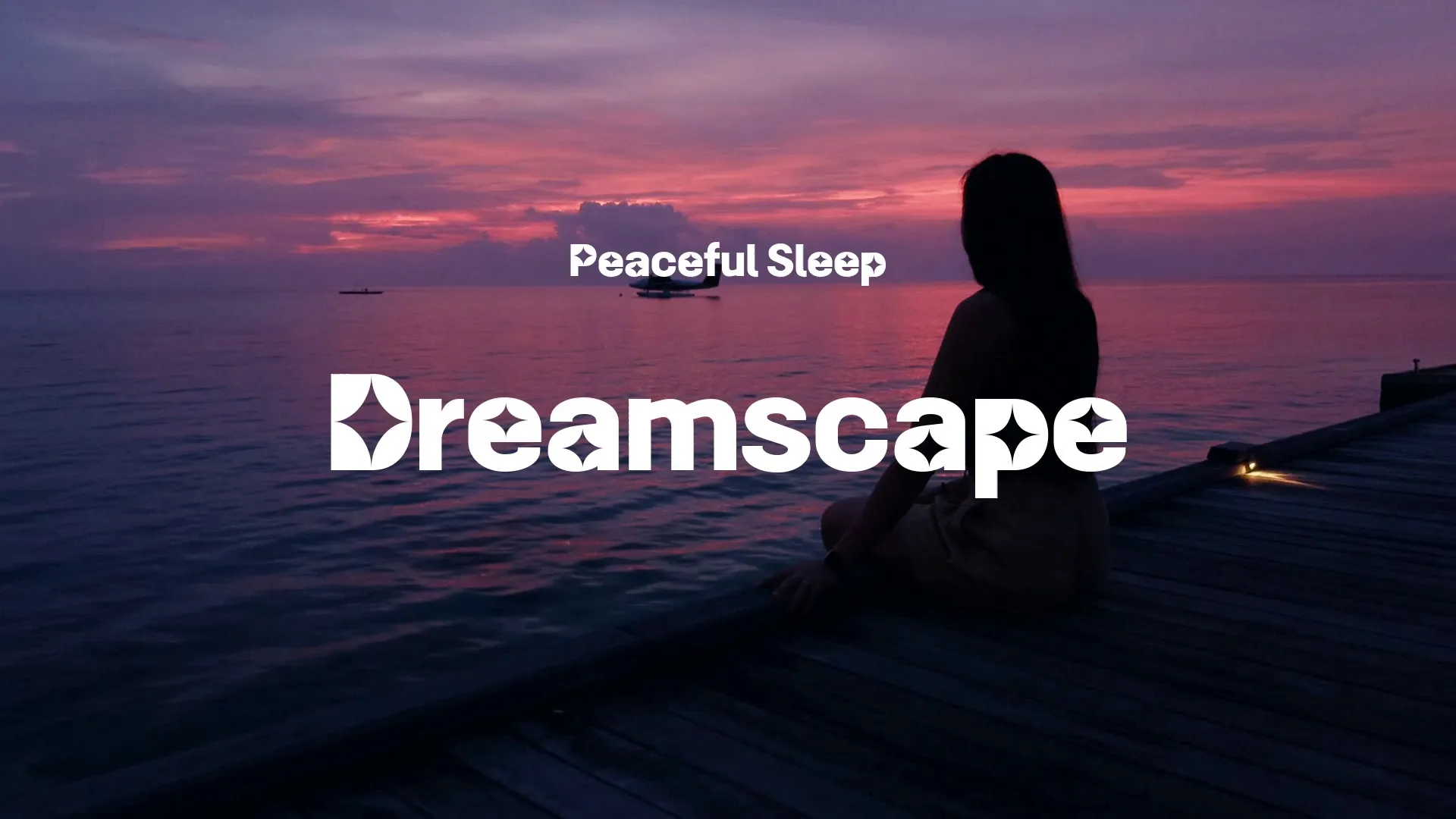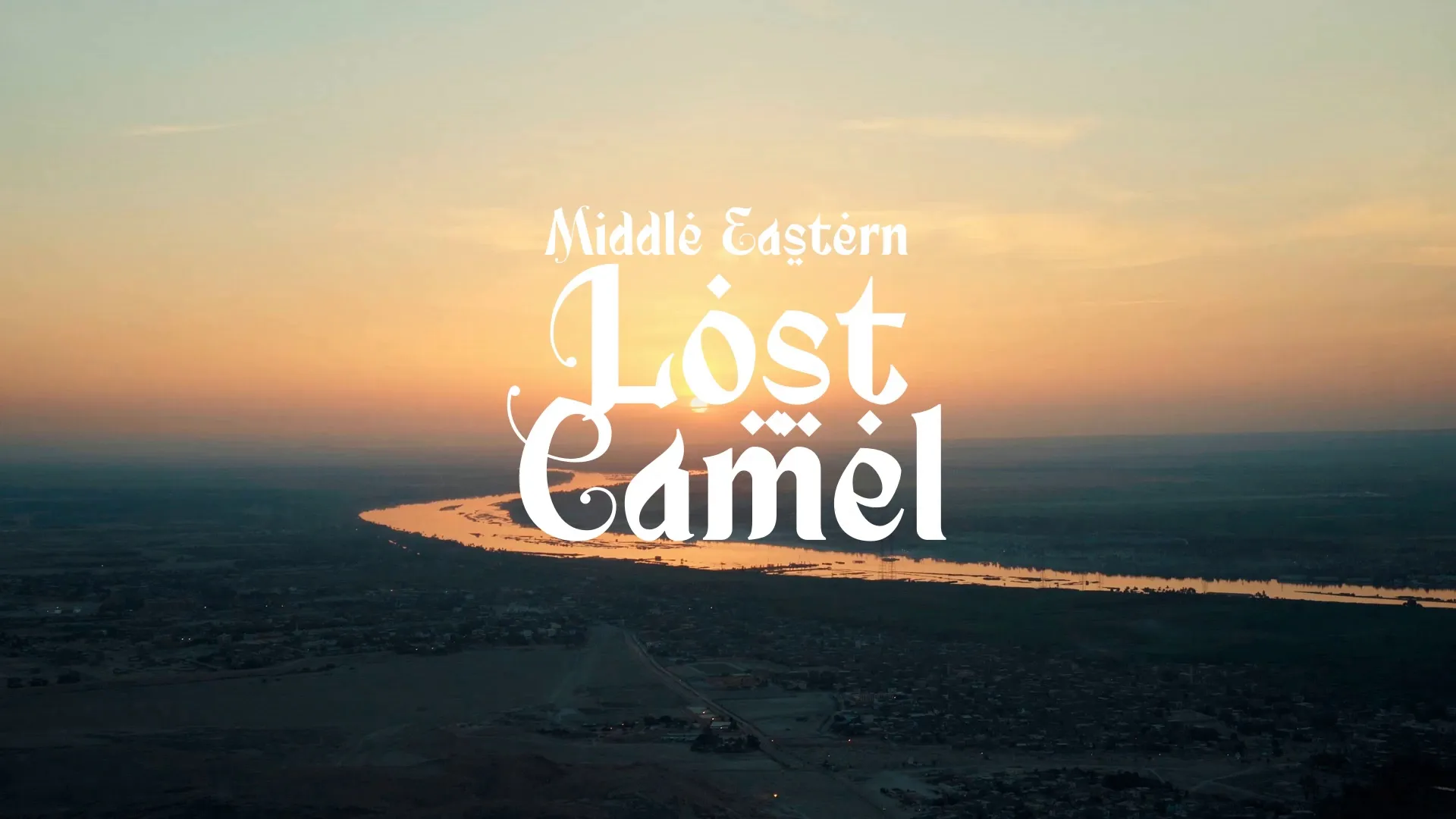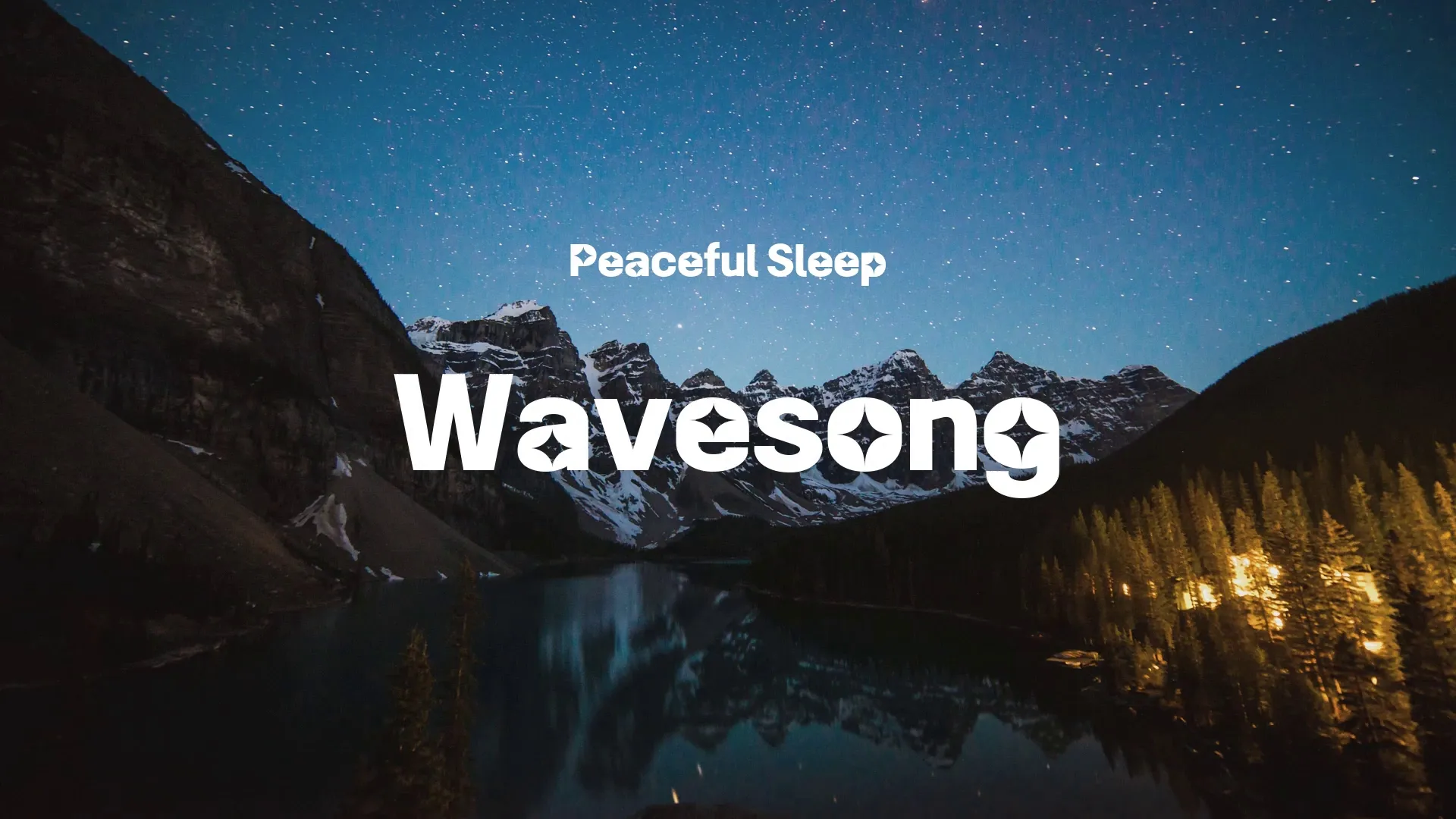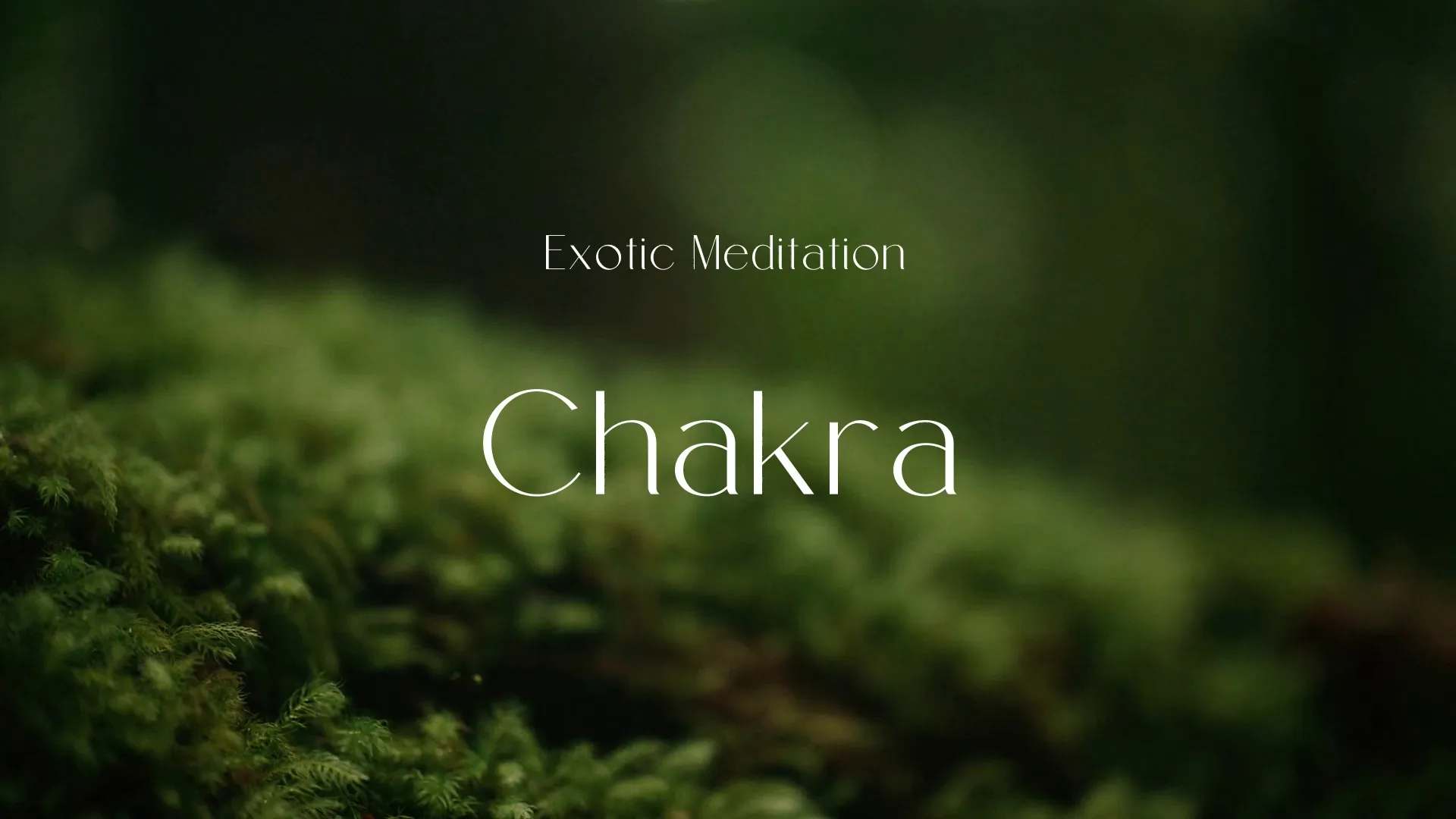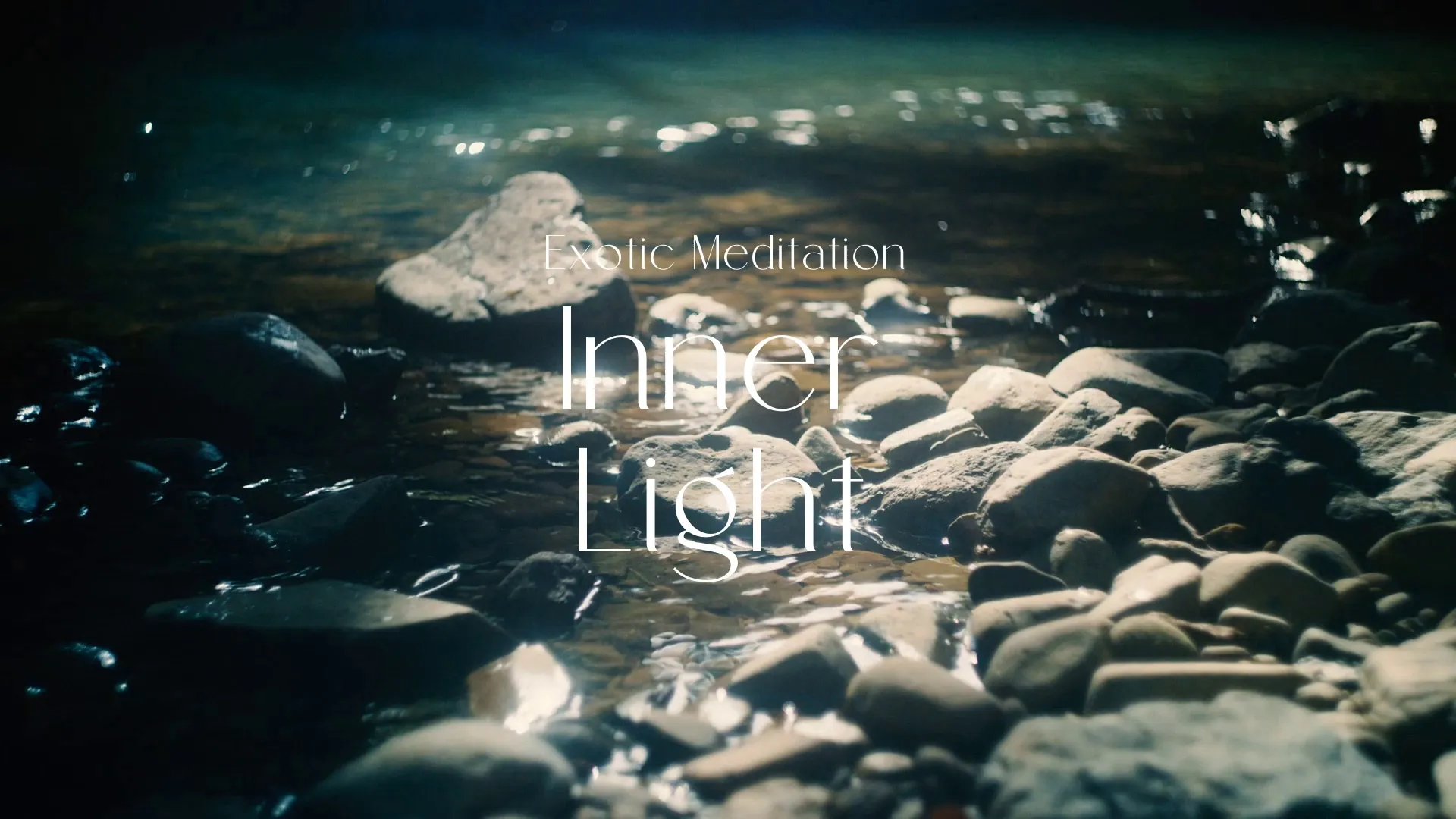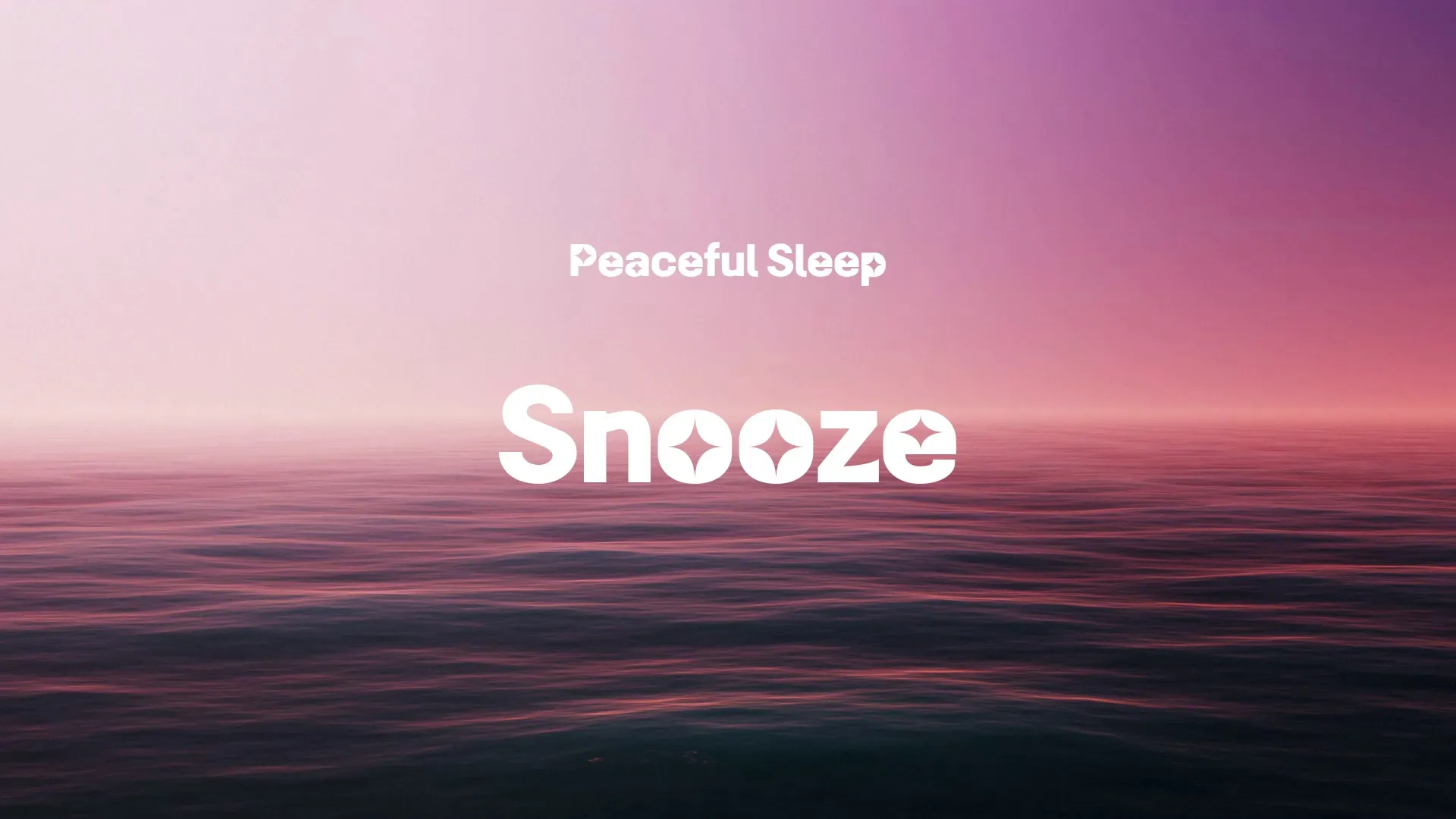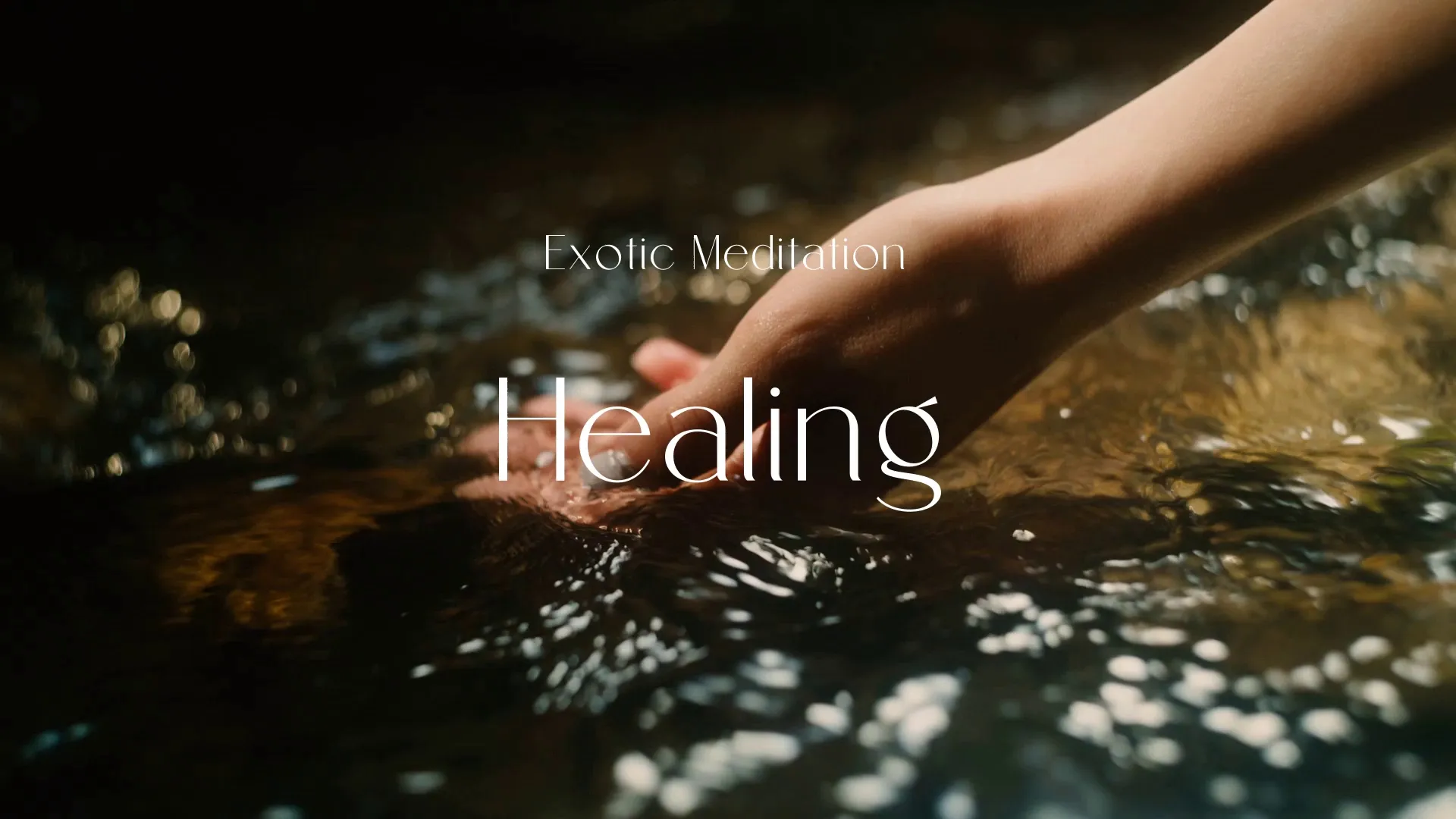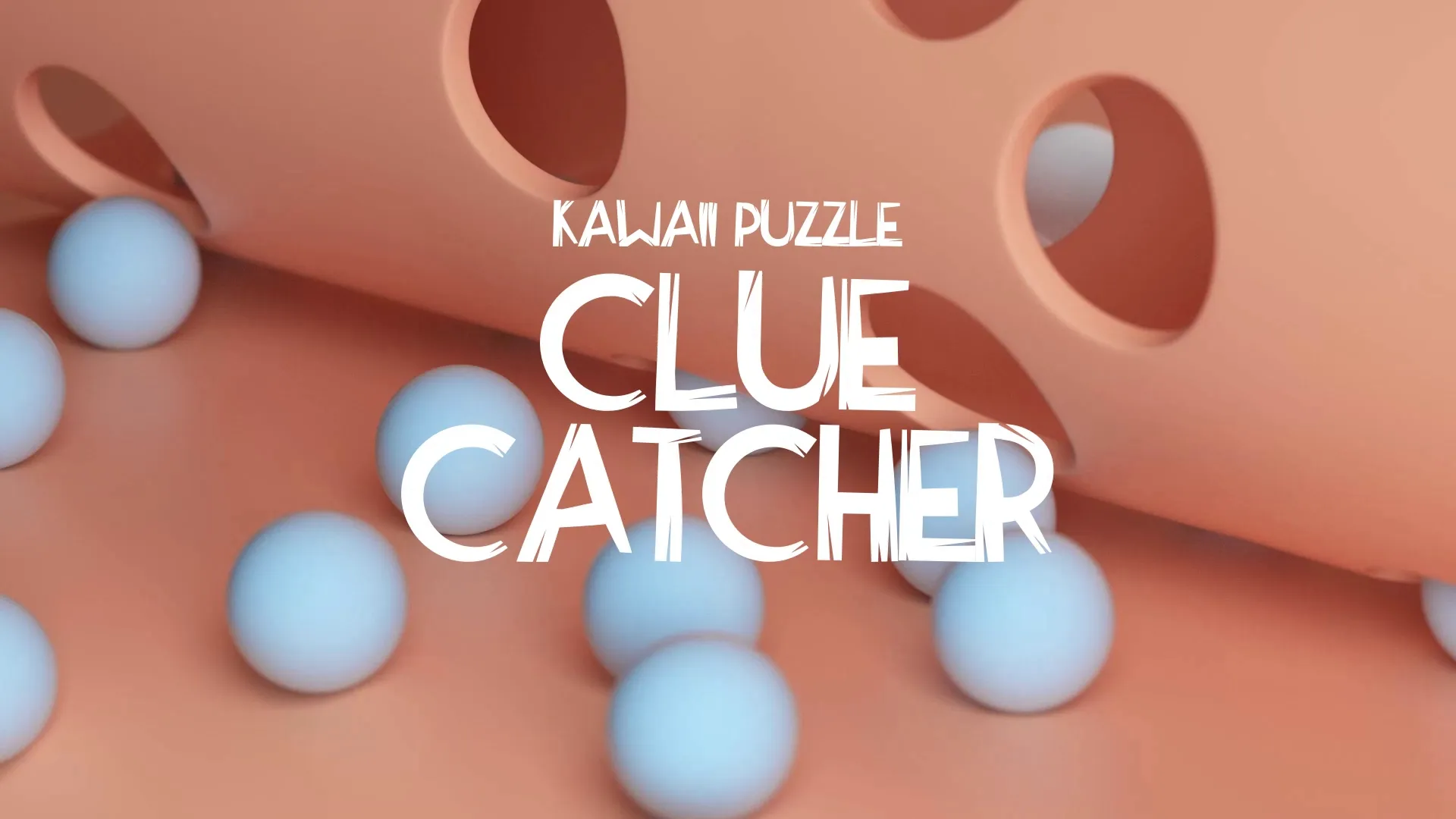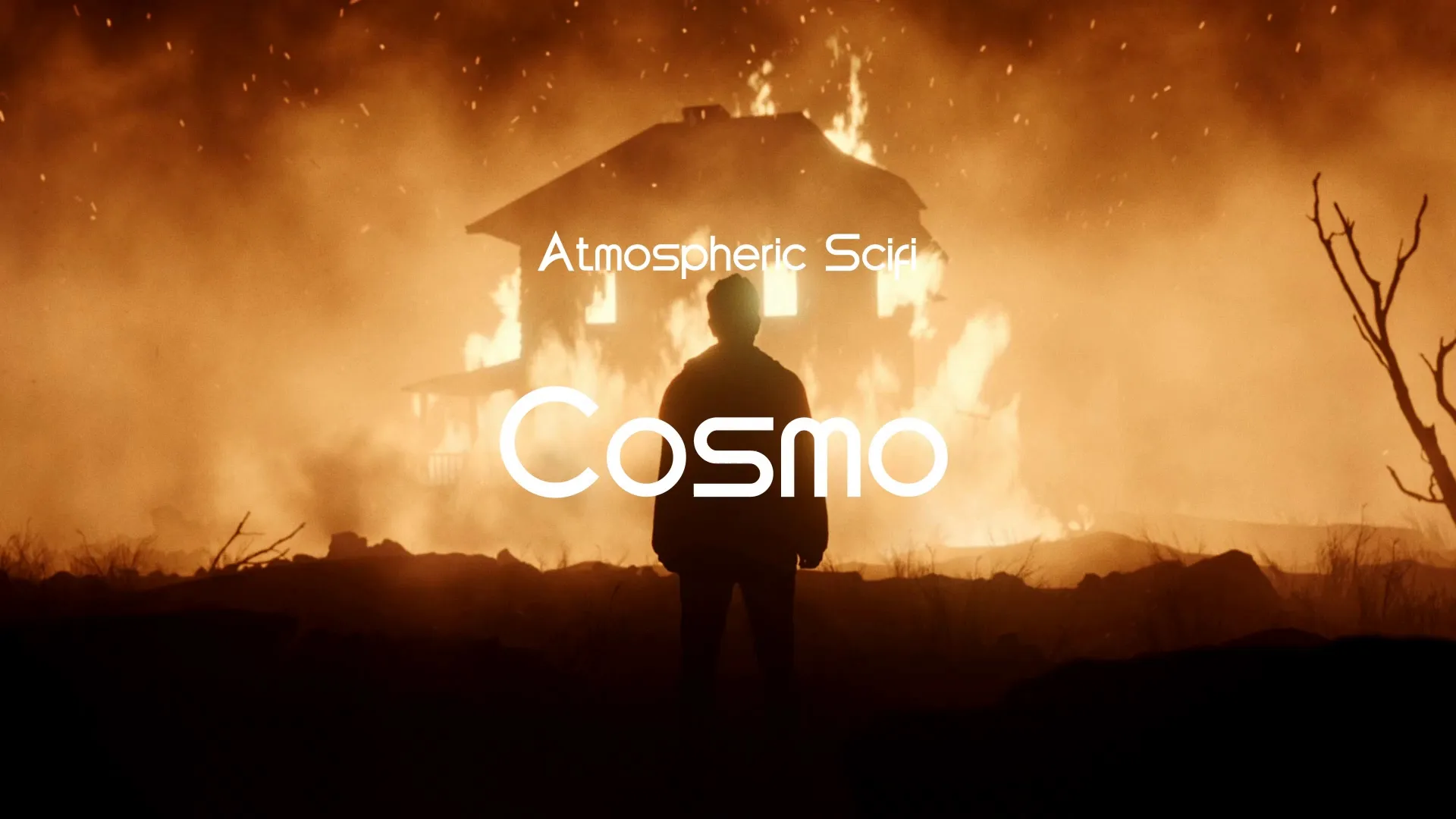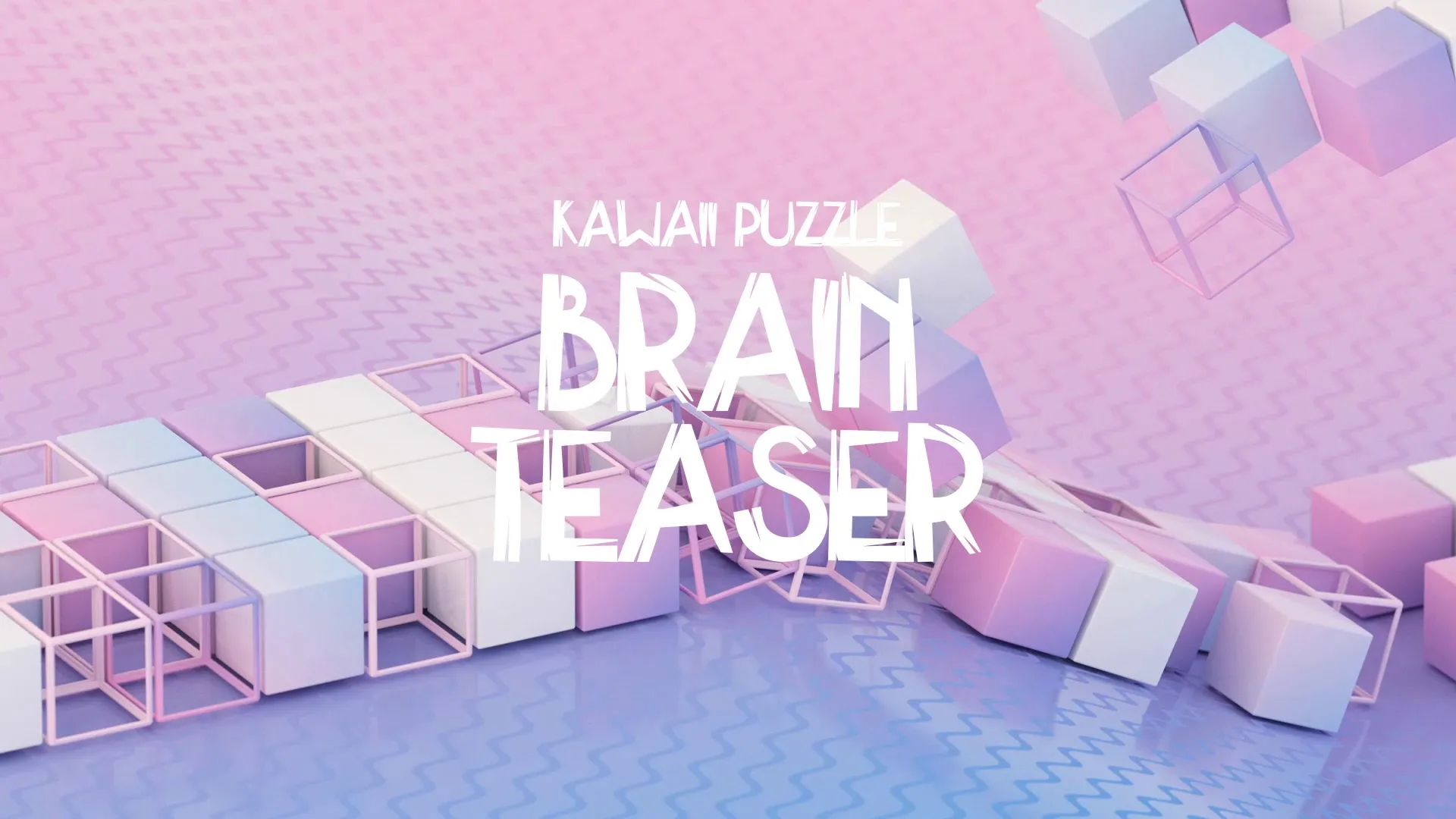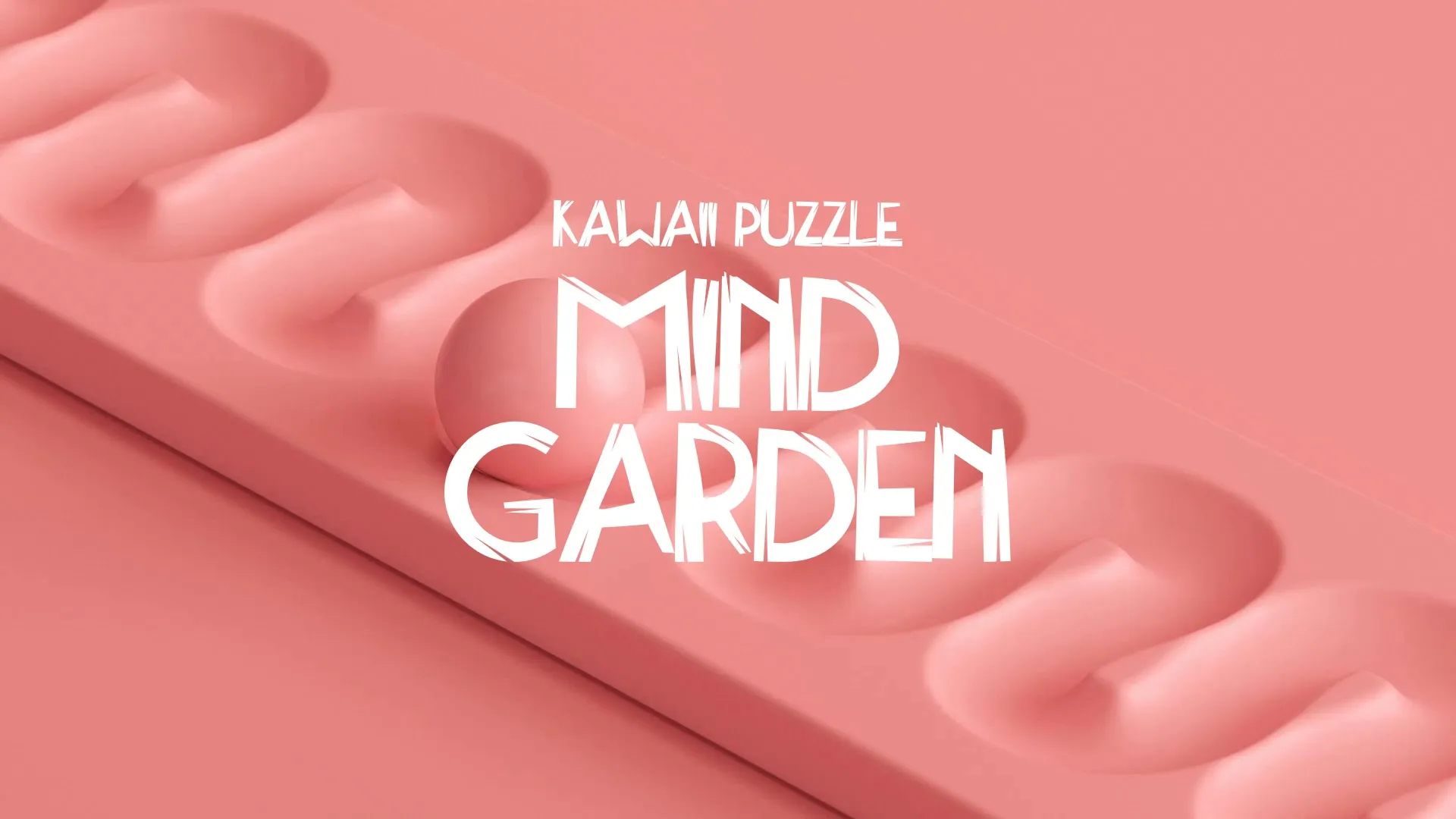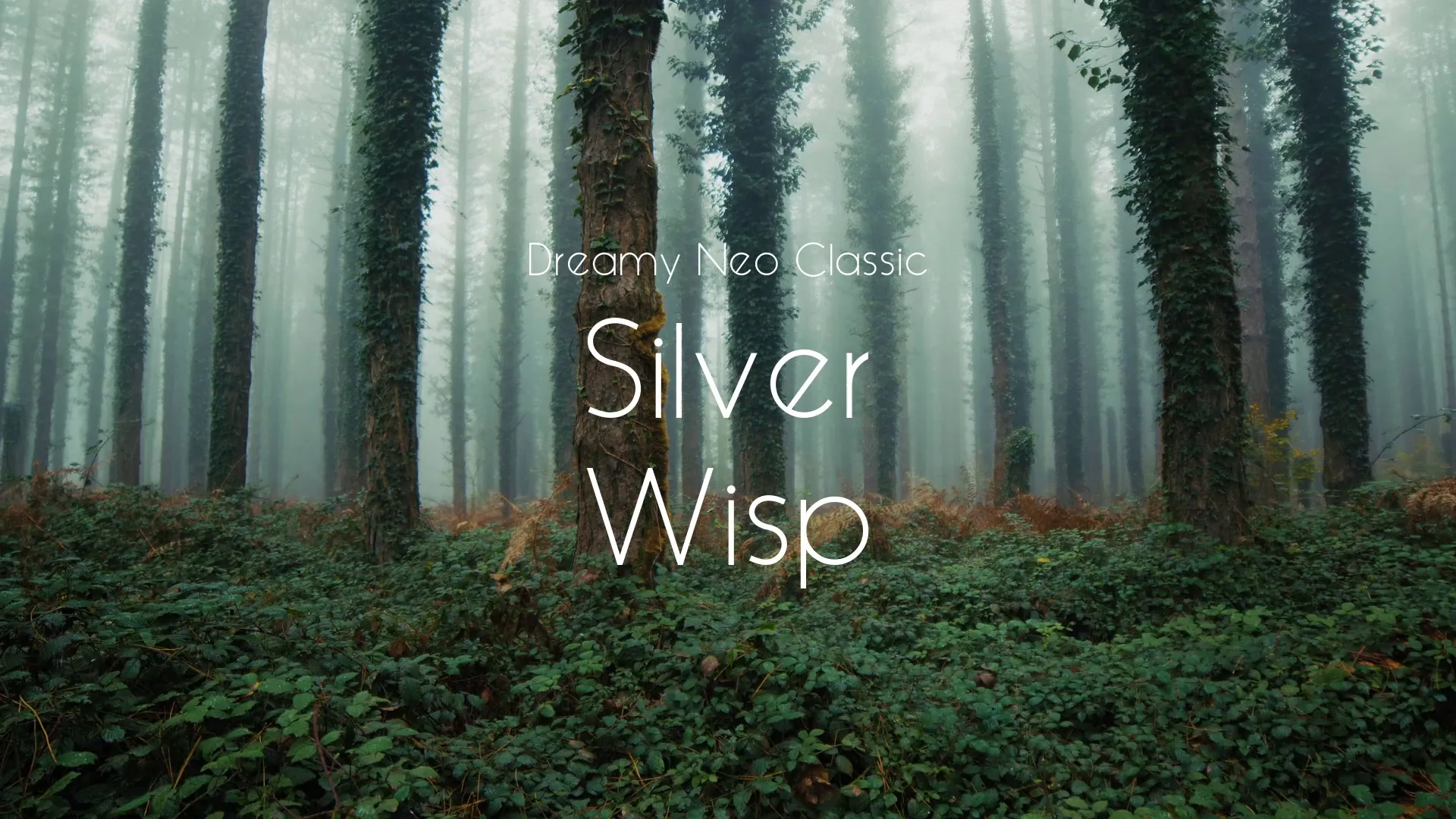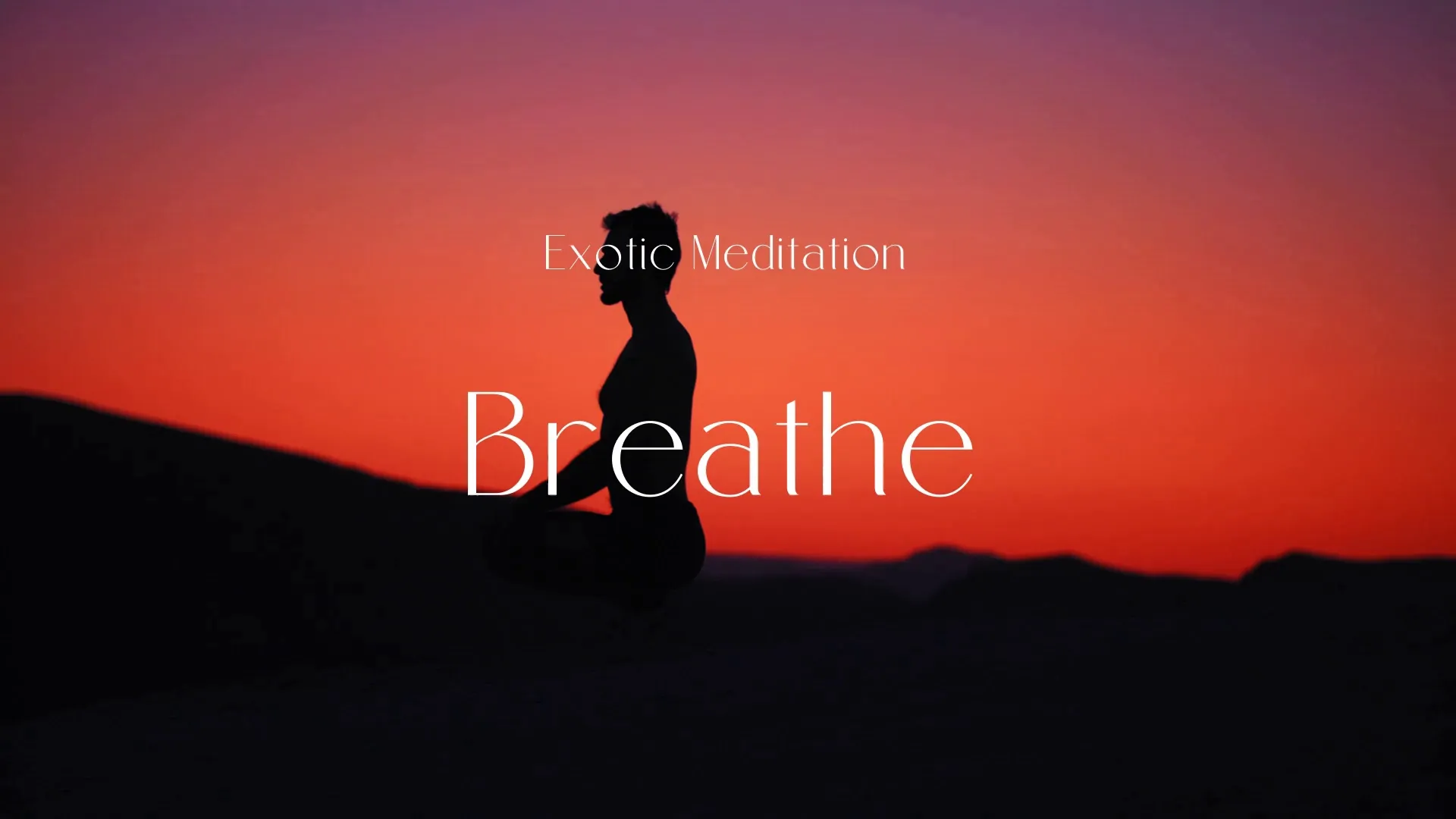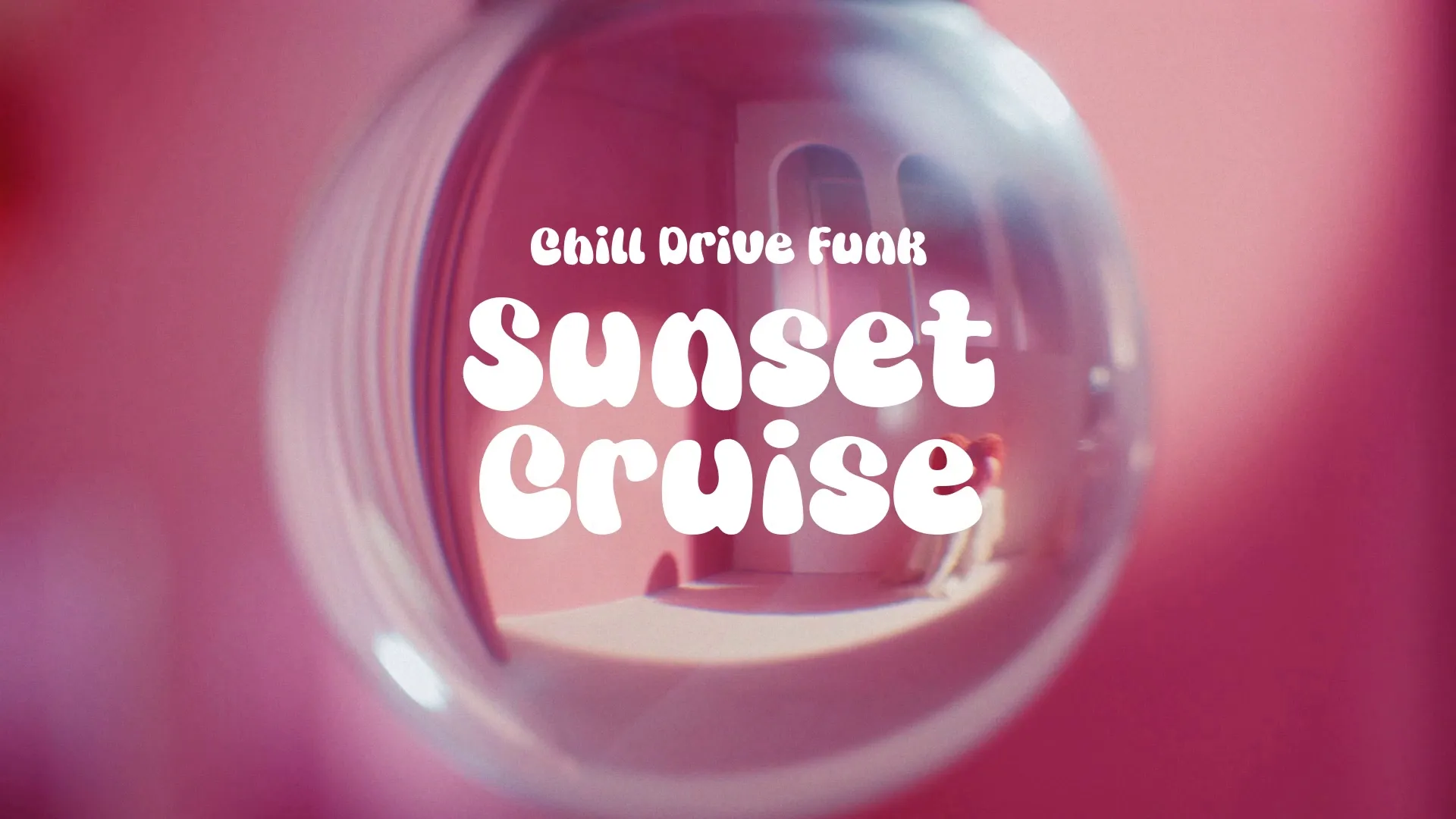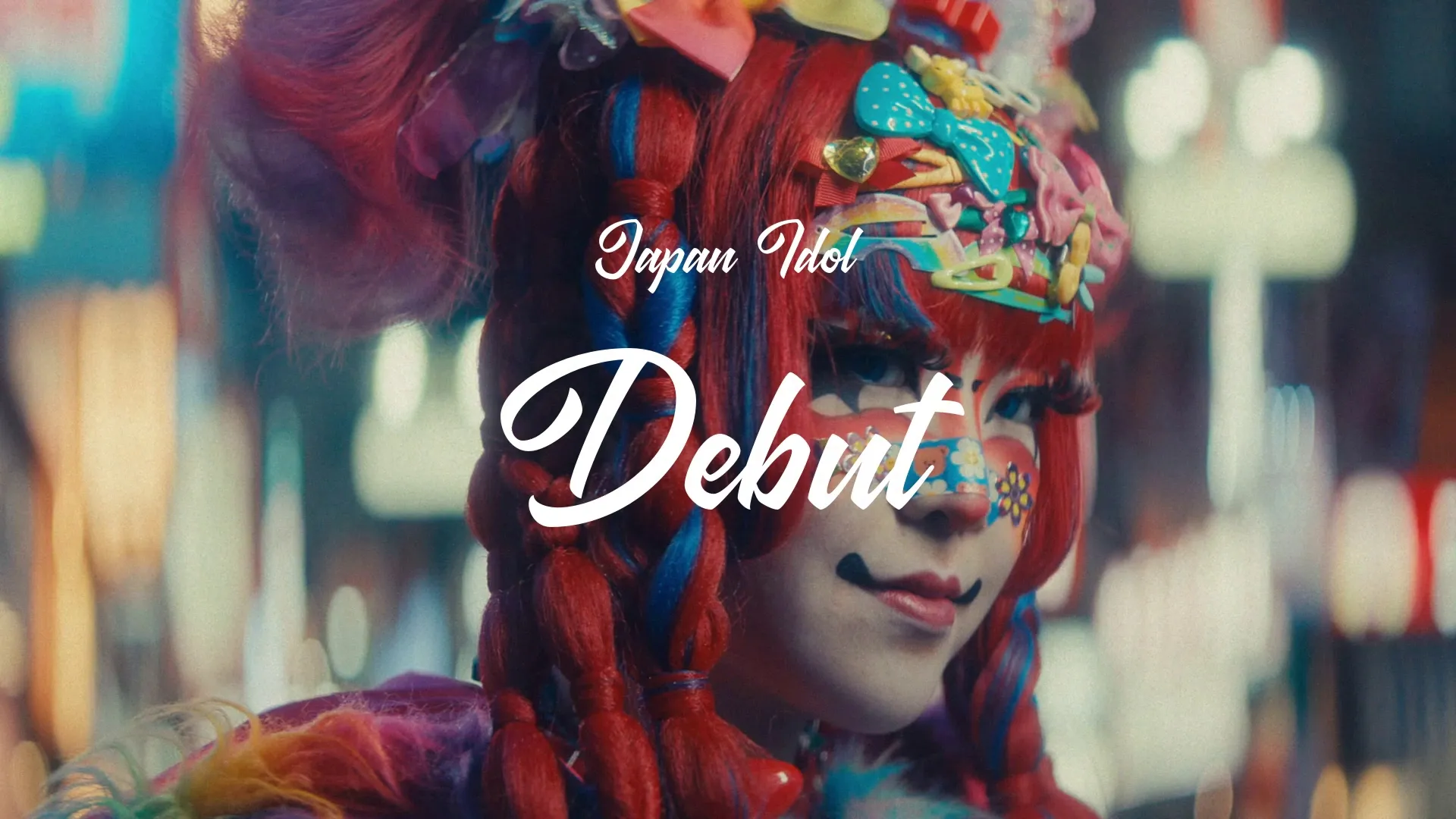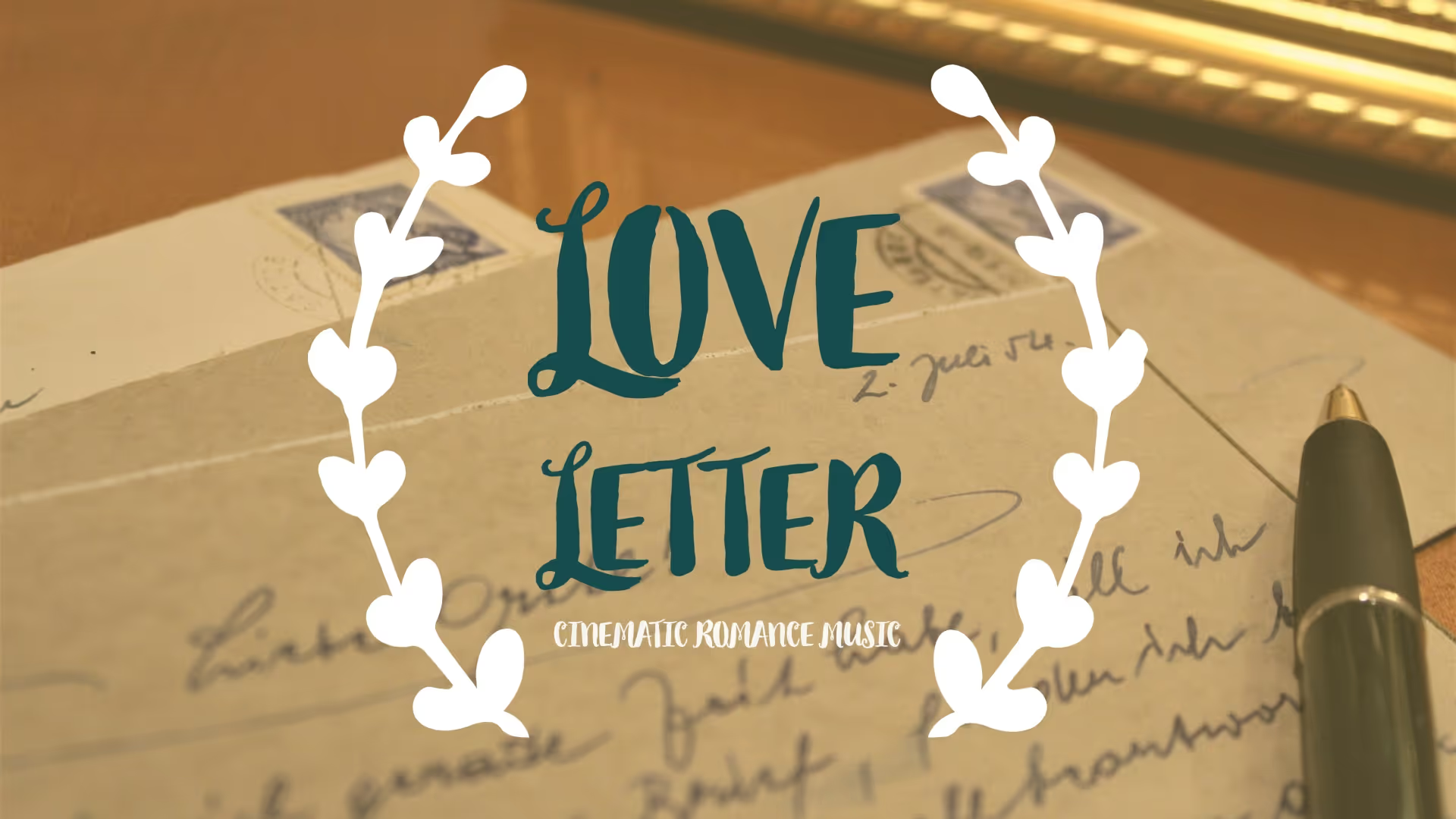Copyright, Licensing & Legal Agreements: Essential Guide for Indie Game Developers
Copyright, Licensing & Legal Agreements: Essential Guide for Indie Game Developers
Protecting your intellectual property is fundamental to indie game development. Ignoring legal aspects can lead to significant financial and creative setbacks.
Understanding copyright, licensing, and legal agreements from the outset is not optional; it is a core component of sustainable game development.
Understanding Game Copyright
Copyright automatically protects original creative works, including your game’s code, art, music, and narrative. Registration strengthens your legal standing, especially in the event of infringement.
While automatic, formal registration with your country’s copyright office provides stronger evidence of ownership and enables you to pursue statutory damages.
Do not assume your ideas are protected simply by thinking them; they must be fixed in a tangible medium.
Common pitfall: Many developers delay copyright considerations until late in development or after launch, making disputes more complex.
Navigating Music and Asset Licensing
All third-party assets, including music, sound effects, 3D models, and textures, require proper licensing. Royalty-free does not always mean attribution-free or unrestricted use.
Read every license agreement carefully to understand usage rights, limitations, and attribution requirements.
Using unlicensed assets, even unintentionally, can result in takedowns, fines, and legal action.
Platforms like Wayline offer royalty-free game music and assets, simplifying compliance for developers.
Common pitfall: Misinterpreting
